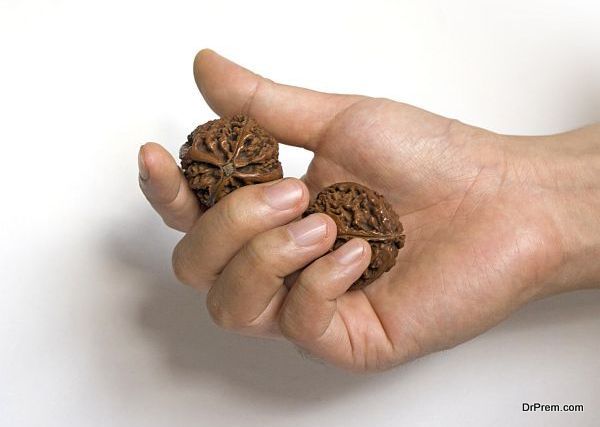Proteins are the building blocks of life. As such, your body would need these proteins to carry out essential functions like growth, hormone synthesis, DNA replication, etc. Most of the proteins we ingest on a regular basis are derived from various forms of meat, including pork, seafood, poultry, and beef. This may spell trouble for vegans who would then need to find out some other substitutes that would be equally healthy. Here are some vegan, sustainable substitutes for meat protein that would provide your body with the same amount of proteins that meat does, without having the same carbon footprint that meat produces.
Eggs and Dairy products

Eggs and dairy products are some very healthy substitutes for meat protein. They are in fact, better than plants in this regard owing to the fact that they provide whole proteins, which are not available in plants. An egg can provide your body over 7 grams of whole, high quality protein. The same amount of protein can be derived from a single ounce of cheese or a glass of milk as well.
Yogurt

Organic yogurt is also known to increase protein content in the body. One cup of yogurt provides up to 7 grams of protein for your body. Plain, organic yogurt is the best option in this case as processed ones contain high levels of sugars and artificial sweeteners. For more proteins, you can try Greek yogurt which would supply your body with up to 20 grams per cup. However, choose the fat free version of this yogurt to escape all those additional calories.
Seeds and Nuts
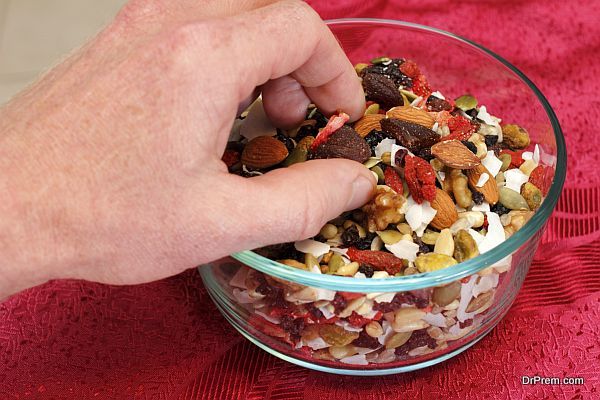
Nuts and seeds are also considered as good alternatives to meat protein. However, they do not provide complete protein like eggs and would need to be combined with any other foods that offer incomplete protein as well. One ounce of seeds and nuts will provide your body with up to 6 grams of protein. The biggest advantage of these substitutes is that they are very easy to carry around and can be taken as snacks as well.
Legumes
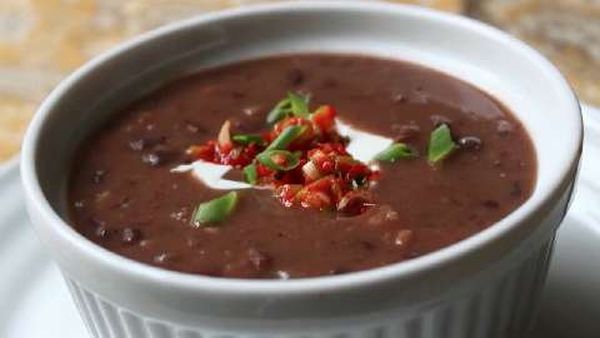
Like seeds and nuts, legumes like beans, lentils and soy offer incomplete protein and can be combined with the former to supply whole protein to the body. The best way to get the protein from the legumes into your system is to add them gradually to your diet. A cup of black bean soup or baked beans with your meals will work well. These offer up to 12 grams of protein, with green soybeans offering you up to 17 grams per cup.
Tofu
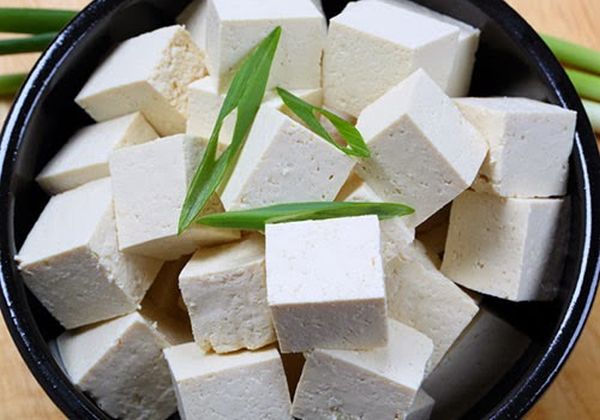
Providing your body with over 14 grams of protein per cup, tofu is made of soybean curds and is spongy enough to be easily ingested. Plus, you can bake it, fry it, grill it, steam it, sauté it and even eat it raw. The best thing however, is its ability to absorb the taste of whatever it is cooked with. So you can add tofu to almost anything you cook from gravies and curries to even chocolate.
Quinoa

Containing up to 8 grams per cup, quinoa can be quite a tiny looking seed at first sight. However, it more than makes up for its size by packing in quite a big health punch, including the nine essential amino acids the body needs but cannot produce on its own. An excellent source of complete protein, quinoa also contains nutrients like iron, fiber, manganese and magnesium. You can add quinoa to a variety of dishes that you cook, including rice, pasta, salads and even soups.
Seitan
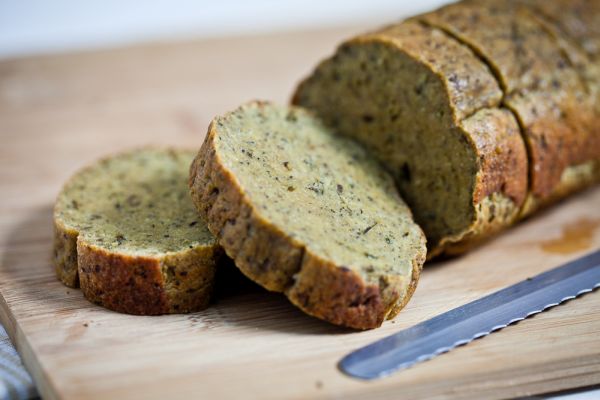
Also called as wheat meat, seitan is a very popular ingredient in Chinese cuisine, often finding its way into several vegetarian dishes. It is an excellent substitute for meat protein although you may want to skip it if you want a more gluten-free alternative.
Summary
The body needs a regular dose of whole proteins on a daily basis. The foods mentioned above are some of the more sustainable and equally healthy alternatives to meat protein, and nourish the body with the proteins its needs for proper function.


